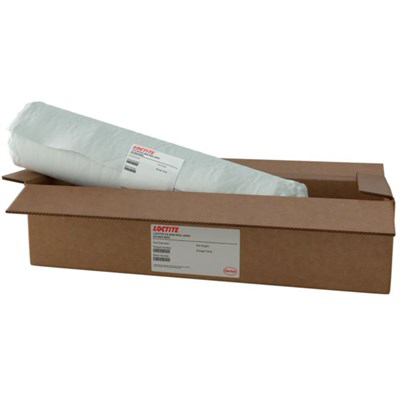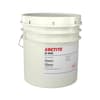LOCTITE ABLESTIK NCF 234
Harmonization Code : 3919.90.80.99 | Polyacrylic plates / sheets / film / tape / strip, self-adhesive, in rolls
Main features
- Non-conductive Underfill Film
- Enable fine pitch, narrow gap Cu Pillar
- Pb-free & low κ
Product Description
LOCTITE ABLESTIK NCF 234 transparent film is specially formulated for Pb free, low κ, thin gap, large and thin die used in advance flip chip applications. NCF 234 is suitable for die to die, die to wafer (TSV) or die to substrate applications.
Technical Specifications
| General Properties | |||||||
| Film Thickness Film Thickness Film thickness is the thickness of a backing film without taking into account any coatings or adhesive layers. It is measured in micron and the conversion factor to mil is 0.039. | 34 µm | ||||||
| |||||||
| Thermal Properties | |||||||
| |||||||
| Glass Transition Temperature (Tg) Glass Transition Temperature (Tg) The glass transition temperature for organic adhesives is a temperature region where the polymers change from glassy and brittle to soft and rubbery. Increasing the temperature further continues the softening process as the viscosity drops too. Temperatures between the glass transition temperature and below the decomposition point of the adhesive are the best region for bonding. The glass-transition temperature Tg of a material characterizes the range of temperatures over which this glass transition occurs. | 105 °C | ||||||




